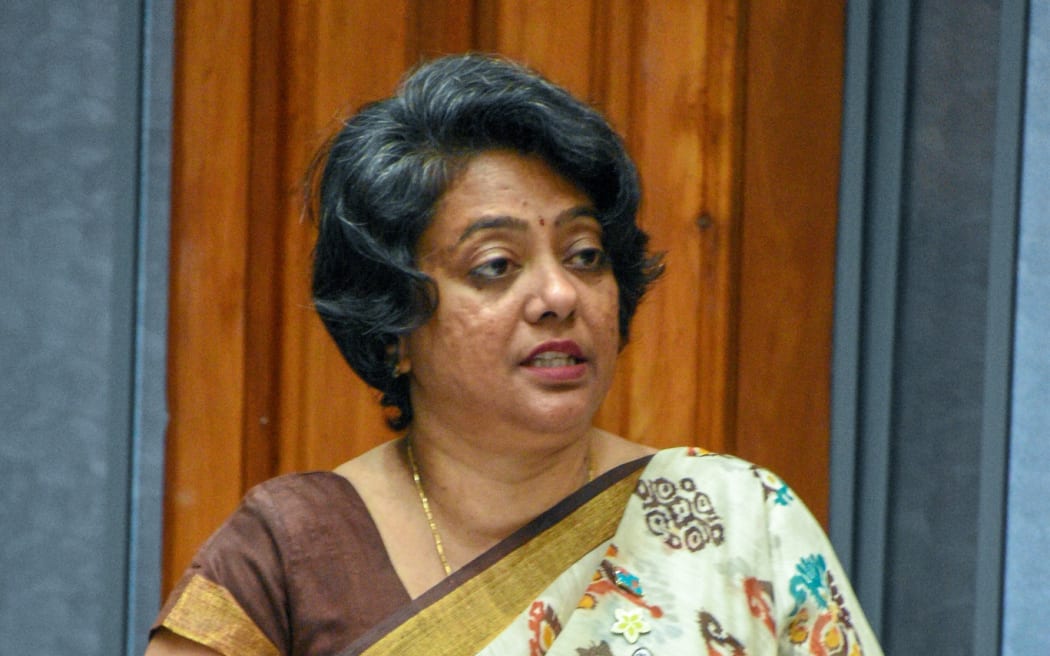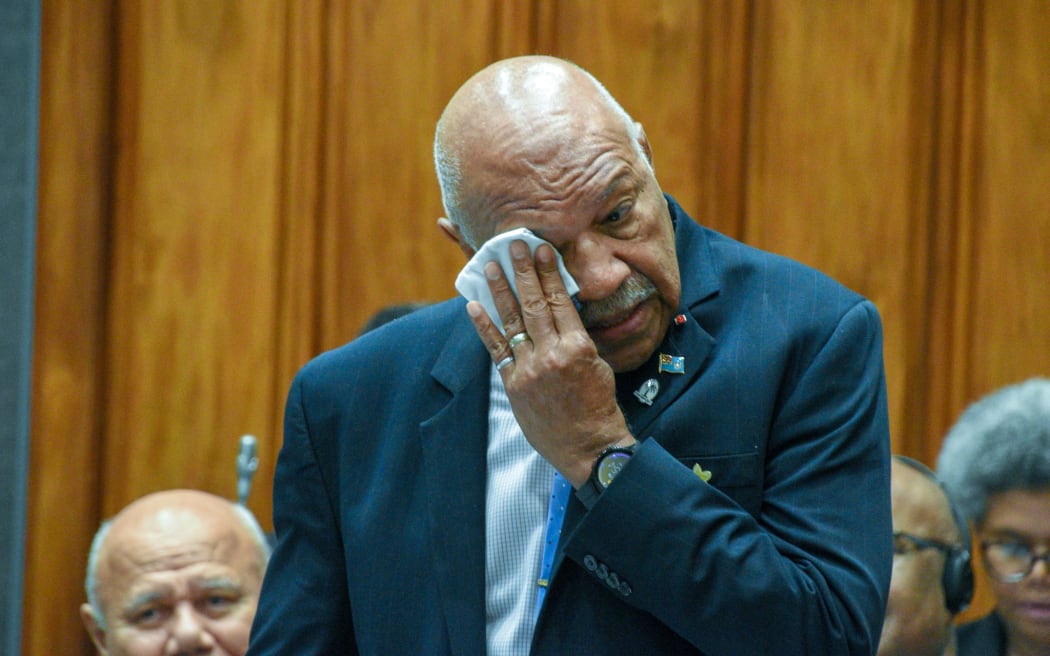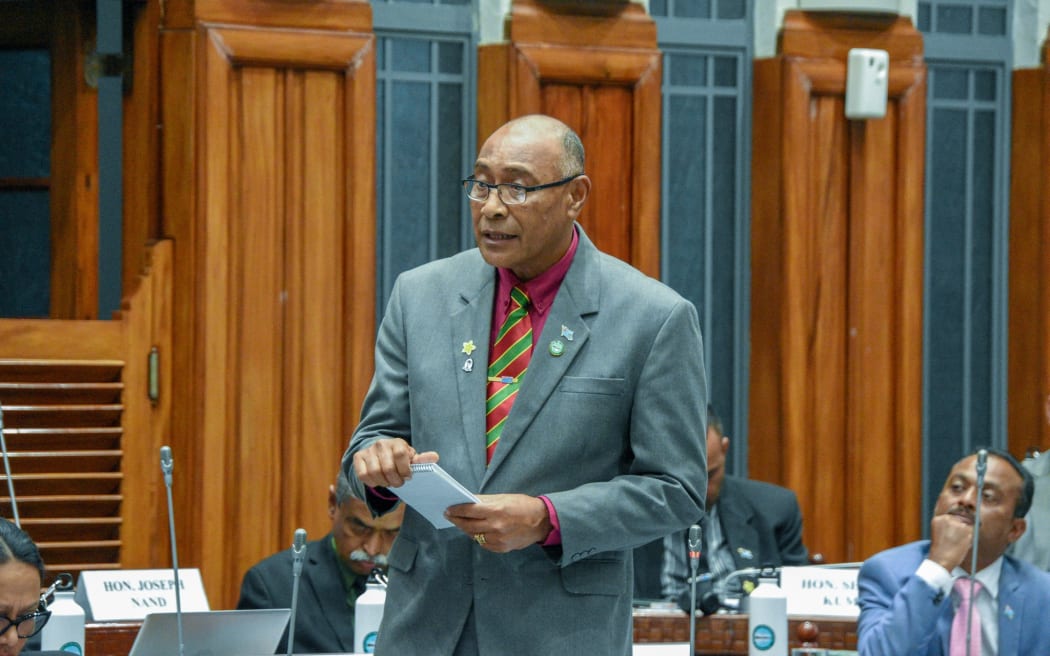Fiji’s Parliament has passed a motion for the coalition government to establish a Truth and Reconciliation Commission “to facilitate open and free engagement in truth telling” to resolve racial differences and concerns in the country.
Prime Minister Sitiveni Rabuka had announced in December 2022 after forming a coalition that the setting up of such a body “to heal the pains and scars left by the events of the 1987, 2000 and 2006 coups” was one of its top priorities.
On Wednesday, 28 MPs voted for the motion, 23 voted against while four did not vote.
- READ MORE: Threat of another coup still ‘one of biggest dangers’ for Fiji, says Ratuva
- Other Fiji coup culture reports
While tabling the motion in the Parliament, Fiji’s Assistant Minister for Women Sashi Kiran said people were still hurting from “political upheavals” and “many unresolved issues” from the past.
Kiran said the commission would offer “closure and healing” to individuals who were still affected by Fiji’s turbulent history.

In May, the Methodist Church of Fiji initiated a national prayer and reconciliation programme during the Girmit Day celebrations. Kiran said the participation of leaders and various faith groups at the event signalled that Fijians were ready for the healing process.
“Some may ask whether this is the time for it. Some may say we should focus on cost of living and on better public services and I understand [that],” she said.
‘Many unresolved issues’
“I know from many long years of personal engagement with our people a lot of people are hurting. There are many unresolved issues that need closure.
“Can we be a prosperous society if we live in fear and insecurity, if we do not trust our neighbours and carry wounded hearts.”
She said Fiji had been plagued by political turmoil for more than three decades with four coups.
“We are not looking deep inside ourselves to learn the lessons of the past. It is easier to look away from the painful events and perhaps pretend that they did not happen.
“But constant echoes of divide, narratives of the past remind us that there are deep rooted wounds in may hearts unable to heal.”
An emotional Rabuka said the commission would “remove the division between the two main communities that have co-existed since well before independence” in 1970.
He said the opposition did not have any reason to oppose the motion.
‘I am opening it up’
“I have, but I am opening it up. I would probably want to hide a long of things I know [but] none of you [MPs] has anything to hide so we should cooperate and work for this,” Rabuka said.
However, opposition MPs did not back the motion, saying a Truth and Reconciliation Commission would do more harm than good.

Tackle ‘deep-rooted problems’ – Naupoto
FijiFirst MP and former military commander Viliame Naupoto, in a teary intervention, said “the problem we have is the divide in our society”.
“The divide along racial lines, now there’s even a bigger divide along political lines. I think the big task we have is try and narrow the divide as much as we can and keep working on it,” Naupoto said.
“When we have the Truth and Reconciliation Commission you are opening wounds of the past. If it needs to be opened, it needs to be treated so that it can heal.”
Naupoto cautioned that political leaders needed to ensure they were not creating new wounds by opening wounds of the past.
“Equality that we strive for can be dealt with policies that unite us,” he said.
“When we see that most of the things that were put in place by the government of the past it means also that the 200,000 voters that voted for us are feeling bad . . . and so our divide widens now.
“I plead that if you want and work on that utopian dream of this country that is prosperous and peaceful and stable, we have to be tough and face the deep-rooted problems that we have.”
This article is republished under a community partnership agreement with RNZ.


